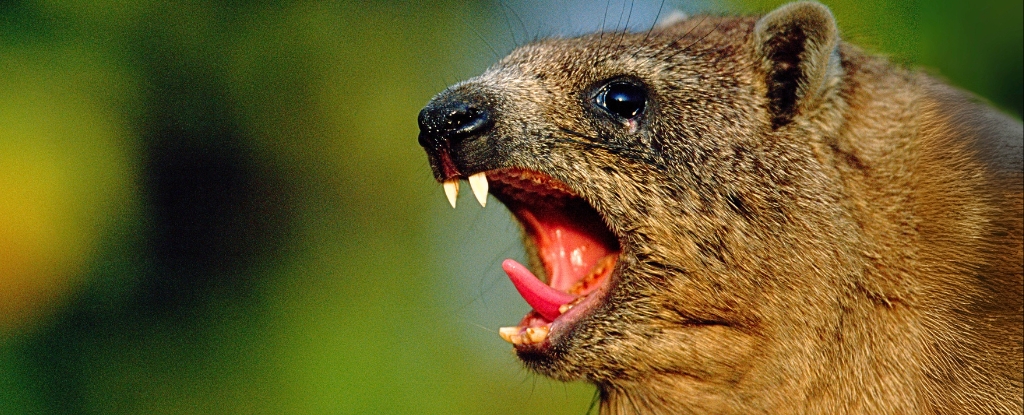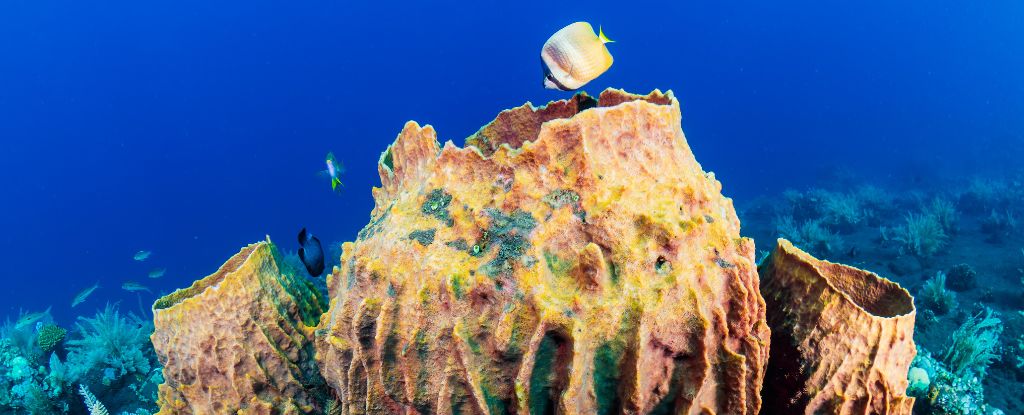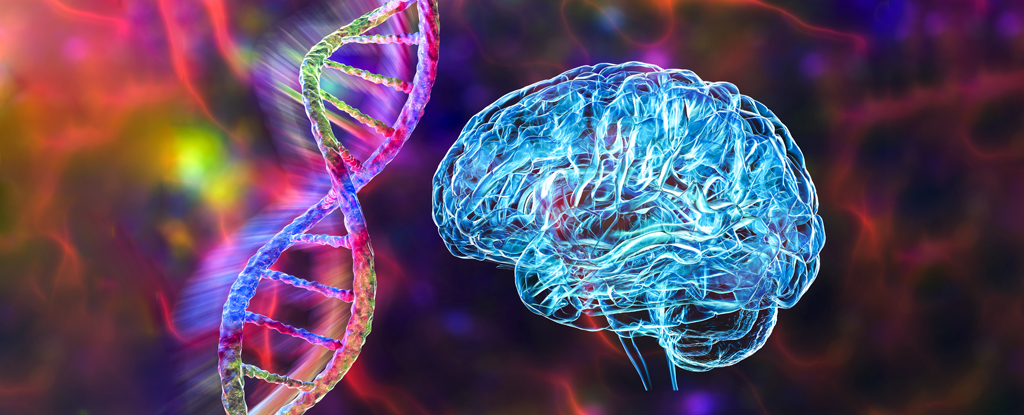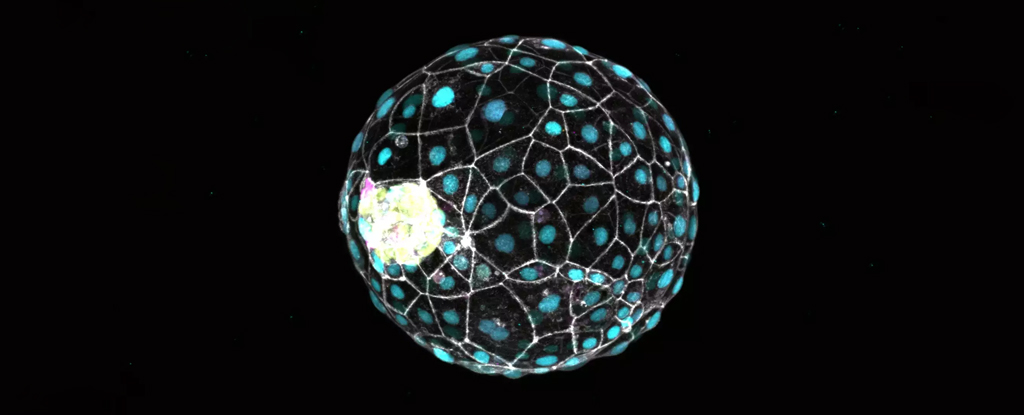The Iron Age was one of the most significant epochs in human history, and researchers may have uncovered the secrets of how we left the Bronze Age behind – via a 3,000-year-old smelting workshop called Kvemo Bolnisi, in southern Georgia. This is a site that’s been pored over before, but anthropological archaeologists Nathaniel Erb-Satullo and Bobbi Klymchuk, from Cranfield University …
Read More »Tag Archives: ScienceAlert
A Sugar Gel Sparks Robust Regrowth : ScienceAlert
In 2024, scientists stumbled upon a potential new treatment for hereditary-patterned baldness, the most common cause of hair loss in both men and women worldwide. It began with research on a naturally occurring sugar that helps form DNA: the ‘deoxyribose‘ part of deoxyribonucleic acid. While studying how these sugars aid wound healing in mice when applied topically, scientists at the …
Read More »Look Up! 2 Stunning Meteor Showers to Light Up October’s Skies : ScienceAlert
Look up this month and you might be lucky enough to spot some of our sky’s best celestial wonders – including not one, but two meteor showers. Draconids Between October 6 and 10, dark-sky viewers may be lucky enough to catch the first of two meteor showers this month: the Draconids. This event is best viewed from the Northern Hemisphere, …
Read More »There Are 5 Profiles of Sleep – Here’s What Yours Says About Your Health : ScienceAlert
A team of scientists has identified five different sleep profiles that link the quality of a person’s shut-eye with a variety of health, psychological, and lifestyle outcomes. Although it’s something we all do frequently, the science of sleep is still pretty murky. For the new study, the scientists examined multiple aspects of sleep quality and how they related to a …
Read More »126,000 Years Ago a Mammal Dragged Its Butt And Left a Unique Fossil : ScienceAlert
Rock hyraxes, known in southern Africa more often as “dassies”, are furry, thickset creatures with short legs and no discernible tails. They spend much of their time sunning themselves on rocky outcrops. Another thing they sometimes do is drag their butts along the ground. Dog owners know that this behavior can be a sign of parasitic infections; in hyraxes the …
Read More »Ancient Signal Confirms What The Very First Animals Truly Looked Like : ScienceAlert
Ever since scientists began to understand evolution, they’ve been arguing over the contentious question of what, exactly, the first animal looked like. Based on genetic analysis, some say today’s common sponges (aka demosponges, Porifera) are most like our original animal ancestor; others argue comb jellies better fit the bill. New research led by scientists at Massachusetts Institute of Technology (MIT) …
Read More »Several Psychiatric Disorders Share The Same Root Cause, Study Shows : ScienceAlert
Researchers recently discovered that eight different psychiatric conditions share a common genetic basis. A study published this year pinpointed specific variants among those shared genes and shows how they behave during brain development. The US team found many of these variants remain active for extended periods, potentially influencing multiple developmental stages – and offering new targets for treatments that could …
Read More »An Ancient Infection May Play a Critical Role in Our First Moments of Life : ScienceAlert
Fragments of DNA left by viruses that infected our distant ancestors may be ‘firestarters’ for new human life, new research finds. “Our results illustrate how recently emerged… genes can confer developmentally essential functions in humans,” Stanford University biologist Raquel Fueyo and colleagues write in their paper. Fueyo and her team used a ball of stem cells induced to mimic a …
Read More »Decades of Studies Link Suicide Risk With Common Hair Loss Treatment : ScienceAlert
Many pharmaceutical drugs come with an ominous list of risks, but the devil is in the details. How likely and dangerous are the side effects, and how do those hazards compare with whatever treatment the drug is meant to provide? According to a new study, questions like those may not have received enough attention for one particular drug over the …
Read More »One Major Pollutant in Fossil Fuels Has Been Linked With ALS : ScienceAlert
A component of fossil fuel emissions could contribute to an increased risk of the neurodegenerative disease ALS (amyotrophic lateral sclerosis), according to a new study. Researchers in Canada matched 304 people diagnosed with ALS with 1,207 healthy people of the same age and sex. They estimated each individual’s exposure to pollutants based on environmental records on the location of their …
Read More »








